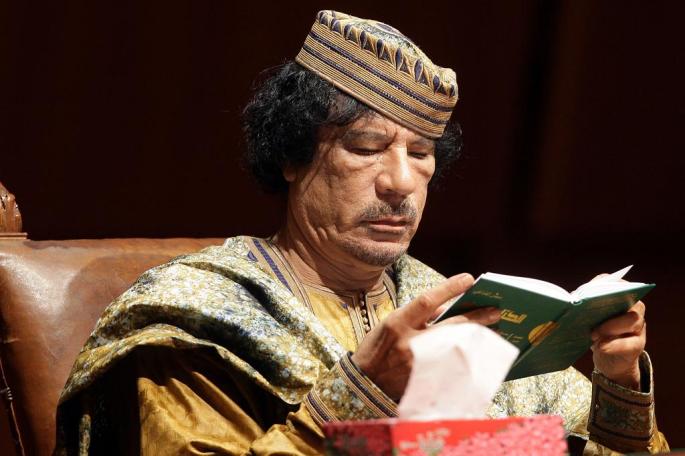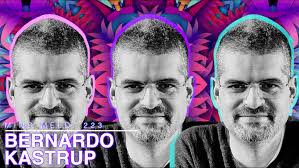
This reading carries on from here.
Part II is titled ‘The Solution of the Economic Problem: Socialism’. This is divided into seven chapters.
In the first, ‘The Economic Basis Of The Third Universal Theory’, Gaddafi calls for the abolition of the wage system. He states that “Wage-earners are but slaves to the masters who hire them.” The producer has a right to that which they produce – a secondary benefit through the improvement of society or through wages is inadequate. Inequality cannot be tolerated as it leads to exploitation.
Gaddafi repeats Adam Smith’s rule that economic production is the result of raw materials, capital input and human labour. He claims that all three of these components are necessary to produce anything, and therefore all three should get an equal share. Gaddafi also notes that the working class is declining owing to scientific and technological advancement. People are, however, the basic component in any production process.
In the second, ‘Need’, Gaddafi notes that a person cannot be free if their needs are controlled by others. Need leads to the enslavement and exploitation of those who need. Conflict is caused by one group controlling the needs of a second, giving that second an incentive to rebel. Need is a problem inherent to life.
In the third, ‘Housing’, Gaddafi opens with “Housing is an essential need for both the individual and the family and should not be owned by others”. A person cannot be free while living in a home owned by someone else, whether or not they’re paying rent. Fiddling with rents won’t help – the important thing is ownership. People won’t have the right to own multiple houses, because to do so is to control the needs of others, which is exploitation and cannot be permitted.
In the fourth, ‘Income’, Gaddafi declares that income is an imperative need. In a socialist system, there are no wage-earners, only partners in the production process. Income should not be a wage in exchange for having one’s production taken away.
In the fifth, ‘Means Of Transportation’, Gaddafi declares that transportation is also a necessity. Therefore, it’s subject to the same restrictions from being controlled as housing and income. Like housing, transportation may not be owned for the sake of renting it out.
In the sixth, ‘Land’, Gaddafi begins by stating that “Land is the private property of none.” He believes that the land ought to belong to whoever works it. Gaddafi’s aspiration is to create a society that is happy because it is free. This comes about via the liberation of people’s material and spiritual needs from the control of others.
Gaddafi is aware that wage-earners have little incentive to work. Neither do poeple who work for the common good. The self-employed, however, have plenty of incentive to do so. Gaddafi sees the economy as a zero-sum game, because, for him, there is no reason to produce beyond one’s needs. The industrious and skillful have no right to lever this advantage to take from the shares of others.
An especially diligent or intelligent person may meet their needs with less effort, but they may not acquire more than they need. Happiness is a matter of material and spiritual freedom. Profit itself must be eliminated, as it inevitably will be as the socialist process continues to evolve.
In the seventh, ‘Domestic Servants’, Gaddafi states that domestic servants are a type of slave. The Third Universal Theory offers freedom to both wage-earners and domestic servants. Household services should be carried out by employees, not by domestic servants. He concedes that it isn’t easy to assign a share of production to service workers.
*
If you enjoyed reading this essay/article, you can get a compilation of the Best VJMP Essays and Articles of 2020 from Amazon for Kindle or Amazon for CreateSpace (for international readers), or TradeMe (for Kiwis). A compilation of the Best VJMP Essays and Articles of 2019, the Best VJMP Essays and Articles of 2018 and the Best VJMP Essays and Articles of 2017 are also available.
*
If you would like to support our work in other ways, please consider subscribing to our SubscribeStar fund. Even better, buy any one of our books!



